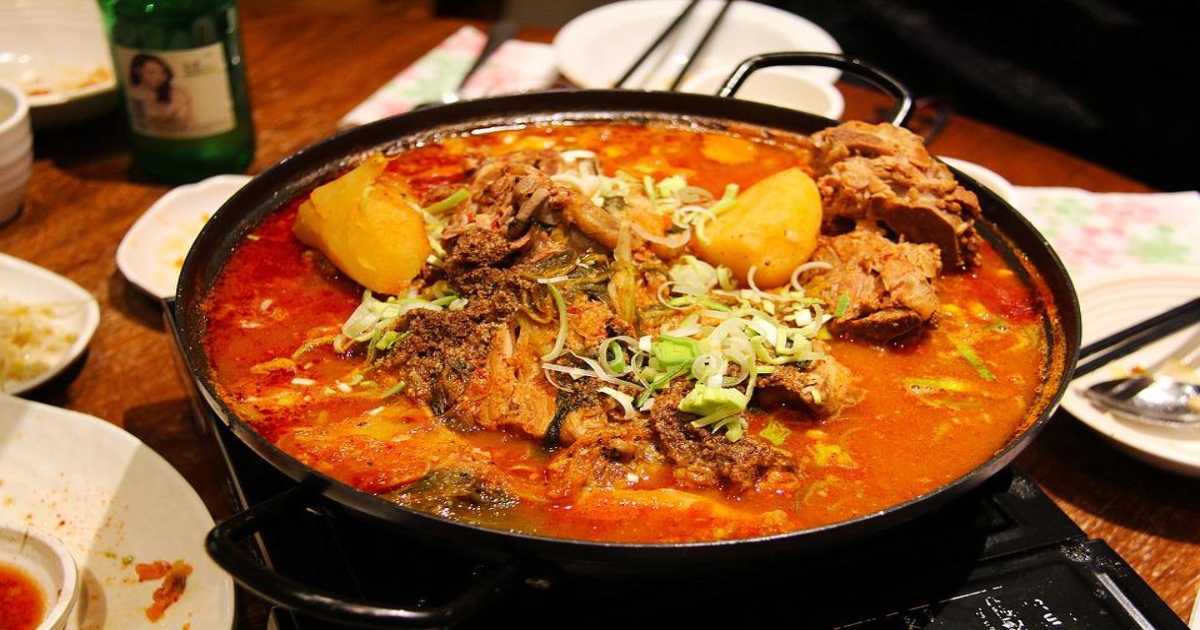COP26, Glasgow — and Curry!
A recipe for a simple store-cupboard curry
November 13, 2021

The world’s powerful gathered for nearly two weeks in Glasgow to plan how to combat global warming.
Be prepared
Even those of us so fortunate not to have experienced fires or floods or droughts in person, have, with Covid, had a small taste of what it is like to lose access to standard resources.
Remember the response to the first lockdown? The UK hoarded loo paper and pasta, an intriguing combination. The Italians conducted operas on their balconies.
There were scores of videos of children doing unbelievably dangerous things without apparent parental intervention because Mom or Dad was busy behind the camera.
Cocktail parties, virtually
My own email inbox was crammed with entreaties to sign up for online ballet lessons (what?) or send a thoughtful poem to a chain of 20 people who would suffer iniquities if I didn’t.
There were more invitations to virtual cocktail and dinner parties than I ever received in the pre-Covid era.
Message: Stock your kitchen
If/when there’s a “Next Time,” I don’t plan to emerge from any crisis proficient in a pirouette like a ballerina or having memorized the Bhagavad Gita. But the prospect of a future disaster of any sort could usefully alter a person’s approach to stocking the kitchen.
Four years of Soviet deprivation in Moscow taught me never to throw out any leftovers but to convert them into another meal. (Everything makes a frittata.)
Blame Covid, not Brexit
Living in the UK, now we contend with a post-Brexit England where, thanks to our own choices, the Time of (Food) Plenty is over.
Swathes of supermarket shelves are bare, produce lies unpicked and rotting in the fields. Woe betides anyone who mentions Brexit as a cause. Covid is the popular scapegoat.
Your shopping list
Under such circumstances, here is a shopping list of fundamentals that will help create delicious meals without having regularly to pillage your supermarket.
It will free you to hunker down in self-isolation if, heaven forfend, is called for again, emerging only to dash out for fresh food from those dedicated farmers toiling to produce it:
One tube each of tomato paste, anchovy paste, and garlic paste; tinned tomatoes; peppercorns, fennel, cumin and coriander seeds, (also cinnamon sticks, useful for milky or fruity puddings as well as meat dishes); curry powder, turmeric and coconut cream or milk (not Cream of Coconut which is highly sweetened); instant coffee (for drinking in extremis – and you can make tiramisu, soothing invention of restaurateur Ado Compeol, who died this week, and his wife. But you would need to add Lady’s Fingers to your shopping list…
Cocoa powder; Pruneaux d’Agen prunes, raisins and dried apricots; oatflakes; flour (learn to make your own pasta – it’s easy and passes the time. If you go the Chinese and Japanese route it doesn’t need eggs).
Then there is mustard, oil and vinegar; salt (plus a box of Maldon for a finishing salt; a little luxury is good for the soul), sugar, honey; capers; tinned tuna; dried pulses and legumes, from chickpeas and lentils to butter beans and flageolets; rice and couscous; Knorr’s jellied bouillon pots; and a sack of Smarties or M&Ms – is there any better simple treat to offer as dessert?
You can also make a personal contribution to your store cupboard by drying your own tomatoes and mushrooms. Both cheer up a soup or stew with their intensity of flavor. Drying tasteless supermarket tomatoes brings out the best in theirs.
A simple curry
Take the oven racks out of your oven and preheat it to 50C/120F or the lowest setting possible. Remove the stems of the tomatoes and slice them in half lengthways.
Lay the halves side by side, cut side up, on cake racks, making sure they don’t touch each other. Set the cake racks on top of the oven racks.
Sprinkle very lightly with salt. Return them to the oven and bake until the tomatoes are shriveled and feel dry but flexible. You don’t want them brittle. This will take from 6 to 12 hours, so keep checking.
Once dried, take them out of the oven and let them cool completely on the cake racks, then store them in clean glass jars or in ziplock plastic bags. They should last indefinitely.
The same principle works for mushrooms, especially penny buns (more expensively known as ceps or porcini). But check them regularly as they contain less water for their size than tomatoes.
This simple “curry” is made from store cupboard staples. You can throw in any other vegetables you have to hand such as frozen peas, or omit those listed that you don’t have around.
The Recipe for Simple Curry
For two:
140g/5oz red lentils, rinsed
1 flat teaspoon ground turmeric
400ml/14fl oz can coconut milk
90g/3oz sweet and/or regular potato, cut into 1cm/1/2inch cubes
1 large carrot, peeled and sliced on the diagonal
1 can chickpeas, drained
200ml/7fl oz boiling water
1 clove garlic, unpeeled
1 red or yellow onion, thinly sliced
1 teaspoon ground cumin
1 tablespoon oil
3-4 big handfuls baby leaf spinach
salt
zest and juice of 2 limes plus 1 to serve
2 fat scallions, thinly sliced on the diagonal
Preheat the oven to 180C/356F.
In a bowl, mix together the lentils, turmeric, coconut milk, potato chunks, carrot, chickpeas, boiling water and garlic then pour into a roasting dish or lidded casserole. In a second bowl, mix together the onions, cumin and oil and scatter them over the lentils. Cover tightly with foil or a lid, then transfer to the oven and cook for 45 minutes.
As soon as the lentils are cooked, stir through the baby leaf spinach until it has just wilted. The mixture should not be solid but should drop off a spoon. If necessary, thin with a little boiling water. Stir in the lime juice and zest, season to taste, scatter over the scallions and serve with rice or naan bread and extra lime wedges.
Takeaways
The prospect of a future disaster of any sort could usefully alter a person’s approach to stocking the kitchen.
Four years of Soviet deprivation in Moscow taught me never to throw out any leftovers but to convert them into another meal.
Living in the UK, now we contend with a post-Brexit England where, thanks to our own choices, the Time of (Food) Plenty is over.

